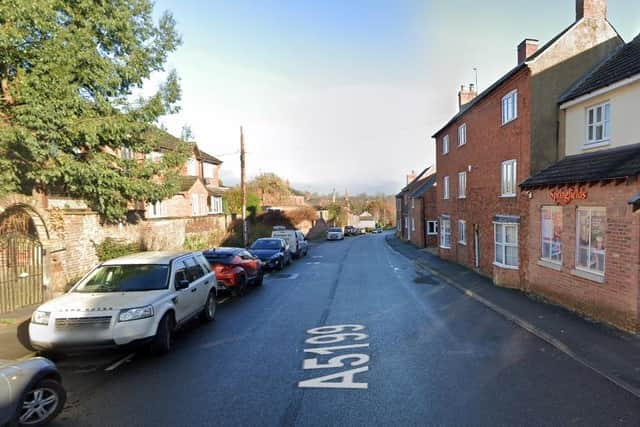Dormant quarry to be brought back into operation despite concerns from Northamptonshire villages
and live on Freeview channel 276
More than 100 objections were put forward to try and stop a dormant sand and gravel quarry from being brought back into operation.
The Husbands Bosworth quarry in Leicestershire shut down in November 2019 but will reopen in the face of more than 100 objections.
Advertisement
Hide AdAdvertisement
Hide AdLeicestershire County Council (LCC) approved the plan to operate the plant for eight years despite the “overwhelming majority” of concerns around increased traffic on nearby roads, including residents of Welford, about three miles away.


Welford Road will bear the brunt of the additional traffic as one of the main access point to the quarry. The worst case scenario suggests trips to and from the quarry could total up to 300 a day but LCC planning officers said it is more likely to be in the region of 232 trips.
A quarter of these are expected to travel through Welford, while the rest will travel northwards towards the A4304.
Welford and Husbands Bosworth’s parish councils both raised concerns about increased traffic. West Northamptonshire Council did not make any objections to the scheme.
Advertisement
Hide AdAdvertisement
Hide AdApplicant Mick George Ltd will also install a concrete batch plant, which combines the minerals needed to make concrete, a mineral washing plant, and will bring the bagging plant back into use.
LCC’s highways department said the additional traffic would be no worse than when the quarry last operated.
Historic England also objected to the plan, saying it would harm the historic Bosworth Hall and Chapel of St Mary, although it accepted this harm would be “less than substantial”.